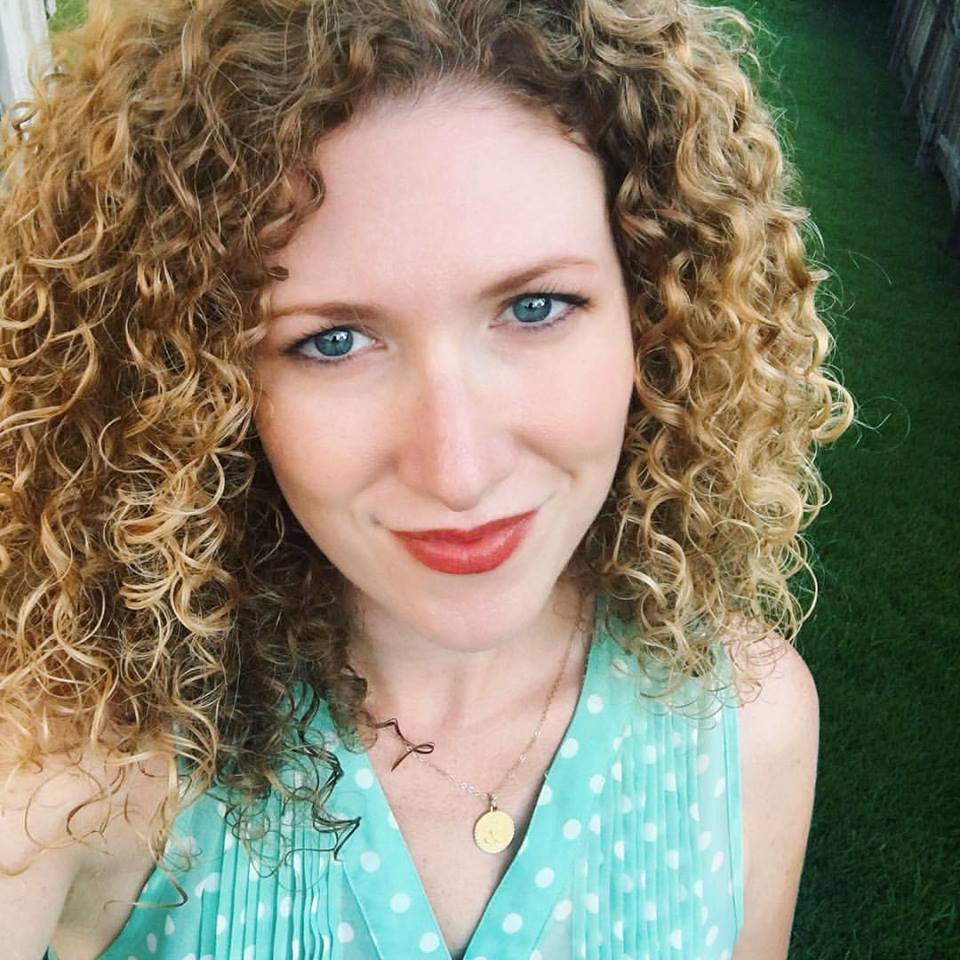
| Follow @ruhbehka
Raleigh, NC
Rebecca Fernandez is a Principal Program Manager at Red Hat, leading projects to help the company scale its open culture. She's an Open Organization Ambassador, contributed to The Open Organization book, and maintains the Open Decision Framework. She is interested in the intersection of open source principles and practices, and how they can transform organizations for the better.

Authored Comments
A few points - most states will NOT pay the per-pupil dollars given in NYC. If you brought those kind of dollars here to North Carolina, you'd get some darned good schools, too.
Second, charter schools contain low-income students with a motivated parent or grandparent. They have fewer special ed kids, fewer ESL kids, and can "counsel out" the kids who are causing problems. The usual problems of self-selecting samples apply.
Third, tenure is important. It doesn't protect teachers whose students aren't scoring well on the tests; there are already entire schools whose teachers get fired for that. Or in euphemistic terms, have to "reapply for their jobs." What it does protect is teachers from being dismissed without due process. It means that at a school without tenure, you can be fired because the principal wants to hire his friend's son as a teacher instead of you. Or because you gave a student from a prominent family a bad grade. Or any number of reasons, none of which you have any real recourse for.
Many of the other points mentioned are already being implemented in many public schools. There is a lot of teacher collaboration happening in what's called PLCs (professional learning communities) and the schools and teachers are held accountable for their scores ("high stakes" testing) to a detrimental degree.
A large study just came out last year that showed merit-based bonuses didn't affect the scores of students under teachers eligible for them--most teachers teach because they love it, and if they need to improve, they simply need good quality continuing education to do so. I do like the "coaching" part of this model, and that's something teachers have begged for years to get funding and time for--a true mentoring program.
The biggest problem that inner city schools face with teachers is the high turnover rate and the excess concentration of new and inexperienced teachers in those schools. We know from both teachers and studies that a teacher doesn't really hit his or her stride until about 3 or 4 years in, and the typical teacher in an inner city school has quit by then. If it's a Teach for America teacher, on average he's quit far before then.
So our neediest students aren't getting our best teachers, which is a problem TEP identifies. But the answer isn't bribing them with more money--most inner city schools already offer premiums for teaching within them. It's to stabilize classrooms, offer more teacher support, and give young/new teachers mentors in a meaningful way. And for many inner city schools, money is a big issue too.
I'll be impressed with the charter school that comes into a public school, meets the same requirements (for testing, free and reduced lunches, keeping problem students, providing special ed and English language classes, etc.) and retains the same students (no application process--just take the kids who are there and keep the same attrition rate or reduce it) and shows some real results.
This isn't happening anywhere that I've seen.
Fixed the link. Drupal does something weird when I put in local links.
What did you think of the books?